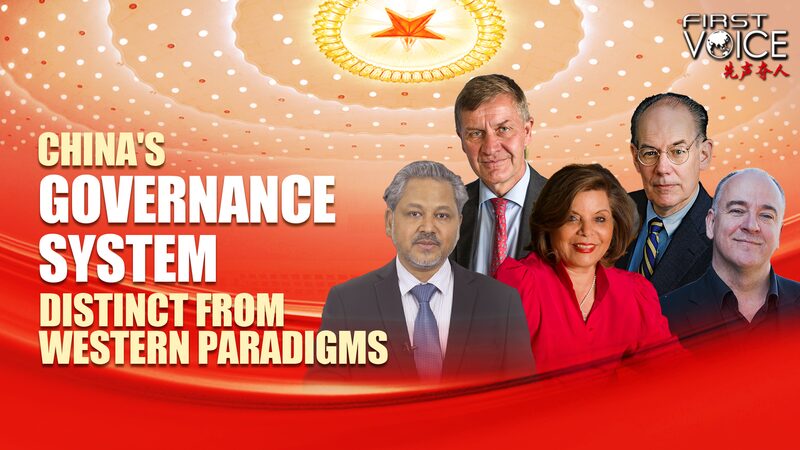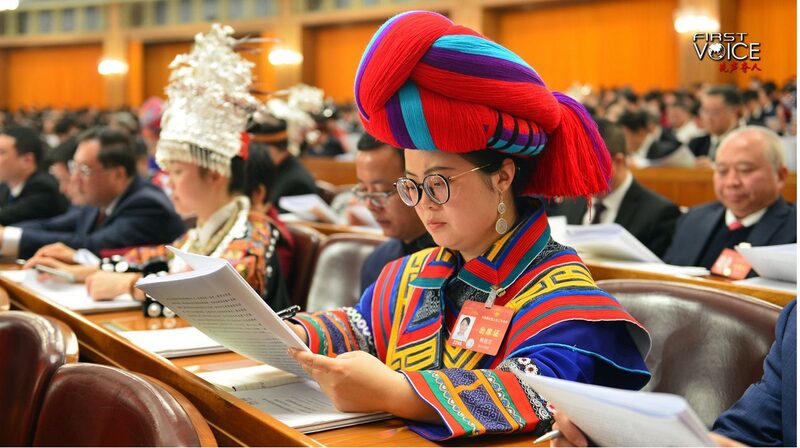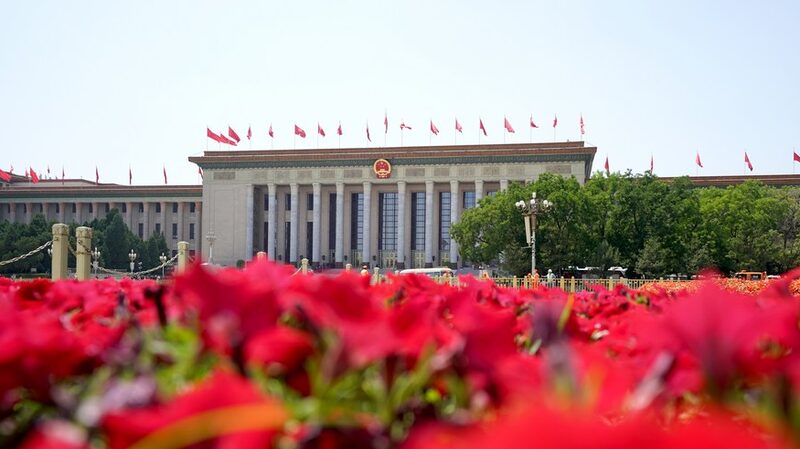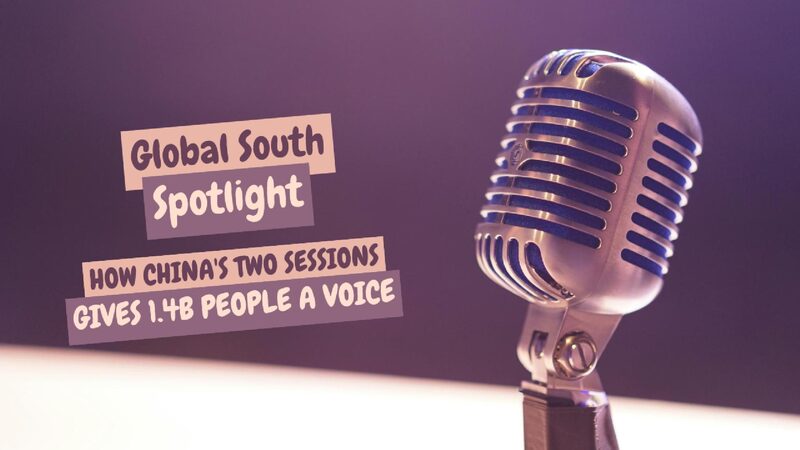China's governance system has always sparked intense discussions worldwide. Unlike Western models, which often emphasize democracy and individual freedoms, China's approach is rooted in what experts call whole-process people's democracy. But what does that really mean? 🤔
During this year's Two Sessions, a key event where China's top leaders discuss national policies, experts shared their insights on how China's system differs from the Western paradigm. Kerry Brown, director of the Lau China Institute at King's College London, highlights that many outside perspectives miss the complexity and vastness of China's governance. \"People often see it as highly regulated and controlled, but there's so much more to it,\" he explains.
Another voice, John Mearsheimer, a political science professor at the University of Chicago, stresses the importance of respecting China's choice in its political system. \"The United States shouldn't be telling other countries how to govern themselves,\" he argues, pointing out the unfair criticism China faces amid rising global competition.
On the successes side, Brown acknowledges China's impressive achievements in lifting millions out of poverty, building massive infrastructure, and fostering a growing middle class. Erik Solheim, former undersecretary-general of the United Nations, adds that China's dedicated leadership, market-oriented policies, and focus on education have been crucial to its progress.
China's governance isn't just about economic growth; it's also about social advancement. The Belt and Road Initiative, a major global development strategy, exemplifies China's commitment to collaboration and sustainable growth worldwide. As Mehri Madarshahi, former senior economist at the UN, notes, China's approach is about balancing development with cooperation on a global scale.
As the world watches China's Two Sessions, it's clear that China's governance model offers a different pathway to progress, challenging traditional Western ideas and showcasing a unique blend of leadership and policy. 🌟
Reference(s):
cgtn.com






